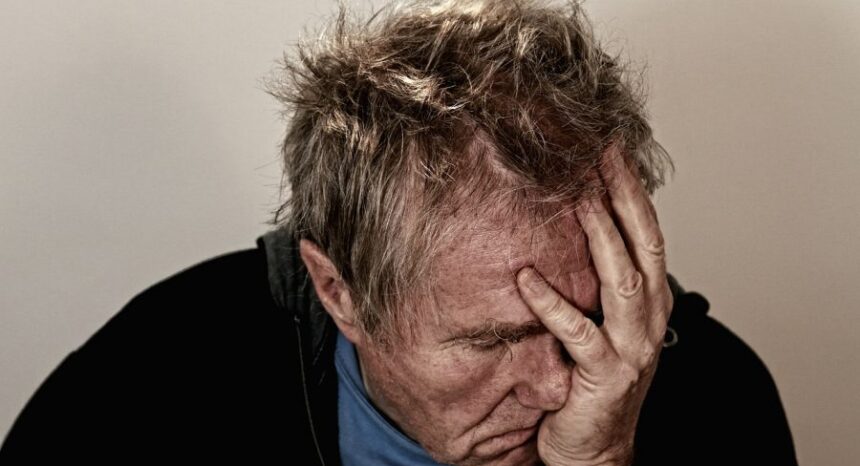Our personal well-being is more than twice as sensitive to economic decline as it is to economic growth, according to a study published in the May 2018 edition of The Review of Economics and Statistics.
The study contributes to a growing body of research that indicates bad news hits people harder than good news. For instance, in 1979 groundbreaking behavioral scientists Daniel Kahneman and Amos Tversky wrote that “the aggravation that one experiences in losing a sum of money appears to be greater than the pleasure associated with gaining the same amount.” And in a three-year field study on workplace engagement and productivity, researchers Teresa Amabile and Steve Kramer found that the negative effect of a setback at work is up to three times as strong as the positive effect of progress.
In the new study, a team of economists, led by Jan-Emmanuel De Neve, set out to find out how macroeconomic upturns and downturns affect people individually. To do that, they analyzed several years’ worth of data from three large datasets: the Eurobarometer (a series of face-to-face surveys conducted across all 28 European member states); the Gallup World Poll (a survey of more than 1,000 individuals representing more than 160 countries covering issues that include employment, happiness and well-being); and the U.S. Behavioral Risk Factor Surveillance System (a telephone survey, run by the U.S. Centers for Disease Control and Prevention, that collects state-level data about health-related risk behaviors). They compared the survey responses against macroeconomic data from the World Bank, the International Monetary Fund, the Organization for Economic Cooperation and Development (OECD) and the U.S. Bureau of Economic Analysis.
Here are some of their key takeaways:
- Across all three data sets, “subjective well-being is more sensitive to decreases in national income than it is to equivalent increases.”
- It takes a bigger upturn to reverse the personal impact of a smaller downturn. “The results from the three data sets would suggest that some 2 percent to 6 percent of economic growth would be required to offset just 1 percent of economic contraction,” the authors write.
- A rising unemployment rate was associated with a reduction in personal well-being.
- The researchers suggest that policy discussions should consider not only the benefits of economic growth, but also the psychological toll of economic recessions. “Our work suggests a need for nuanced growth policies and the careful use of economic growth data when considering welfare effects in terms of well-being.”
Interested in research on happiness? We have write-ups on research showing how the internet makes senior citizens happier; that workers with windows in their offices are happier than workers with windowless offices; and that as incomes rise, so do expectations.


Expert Commentary